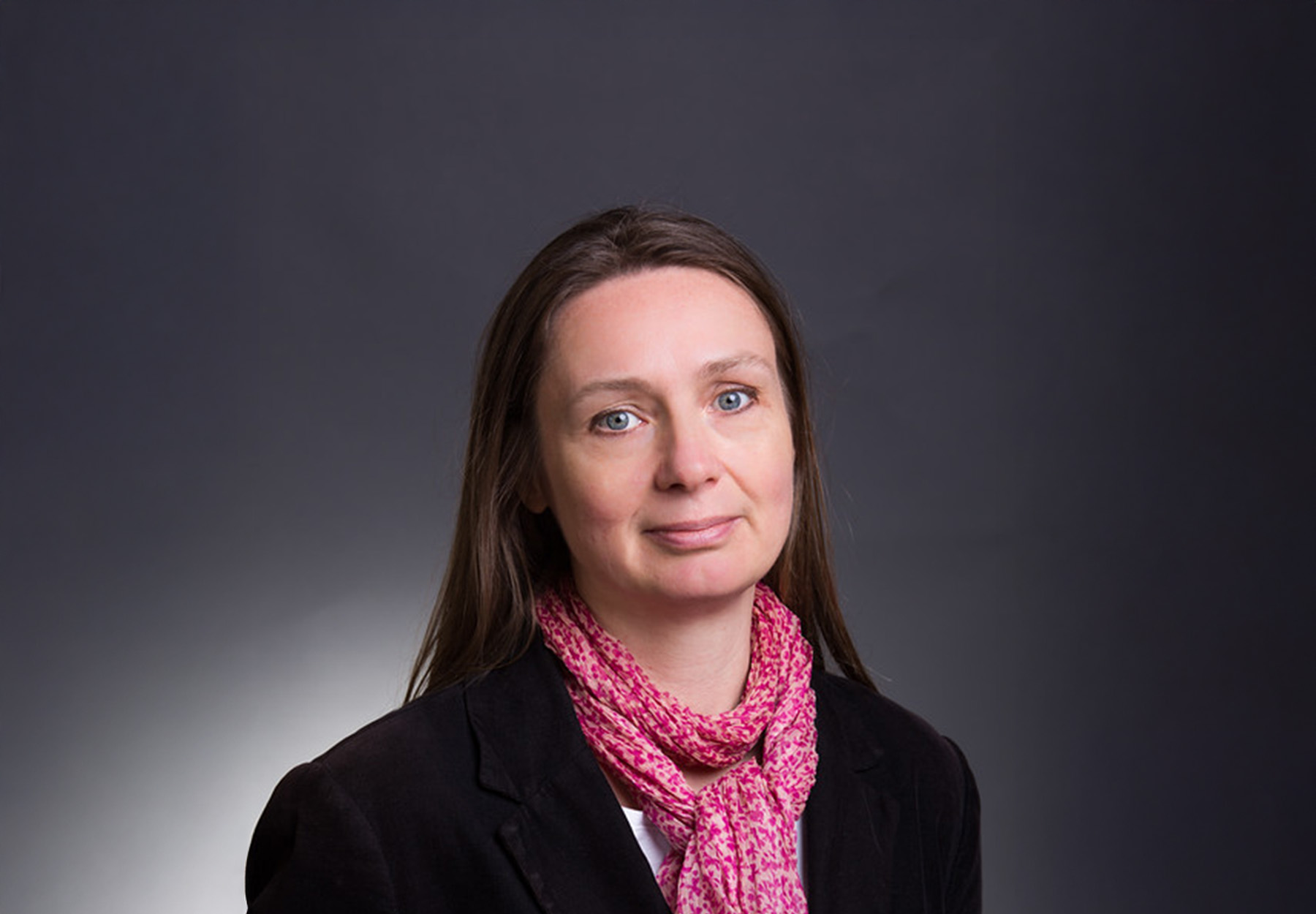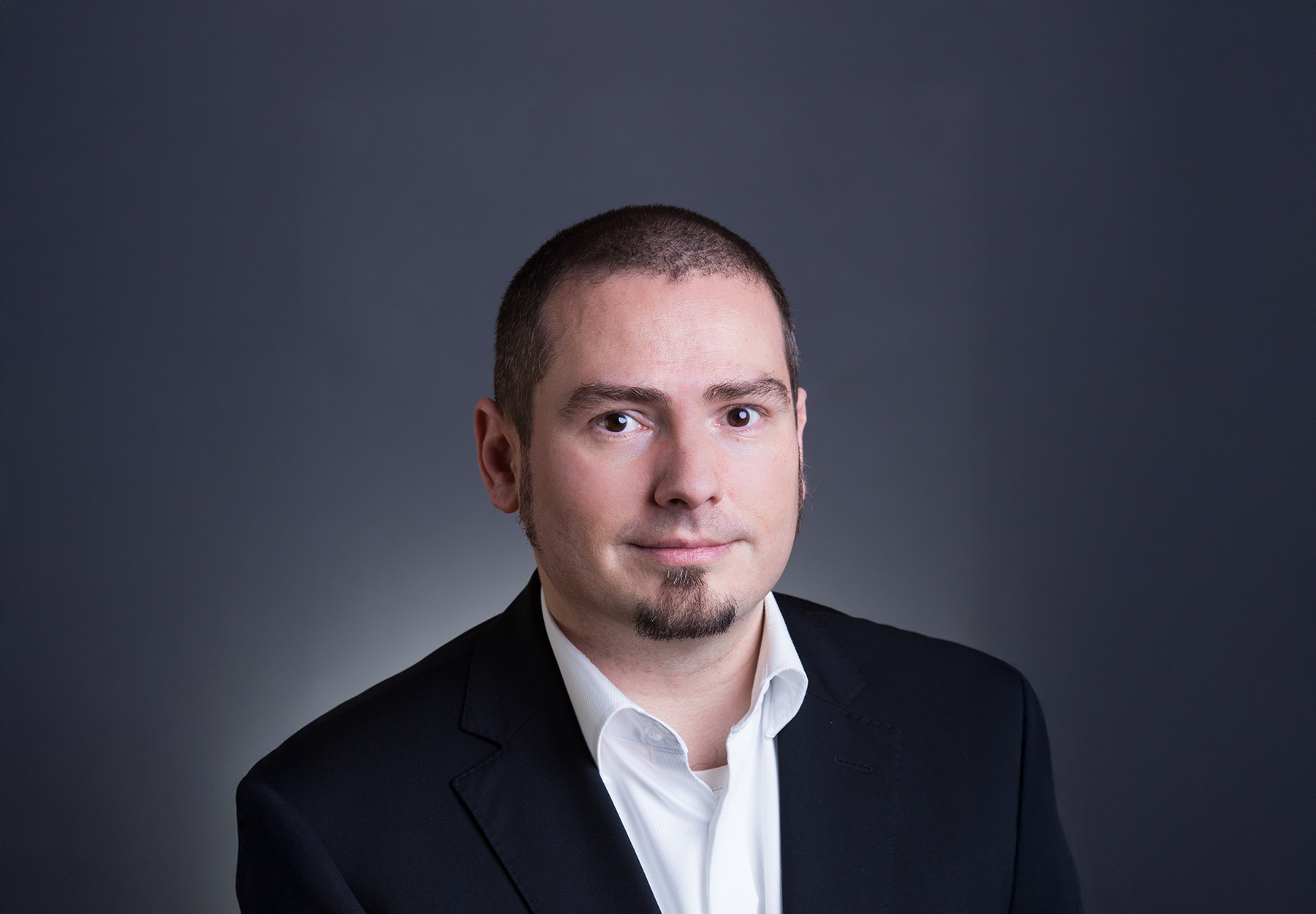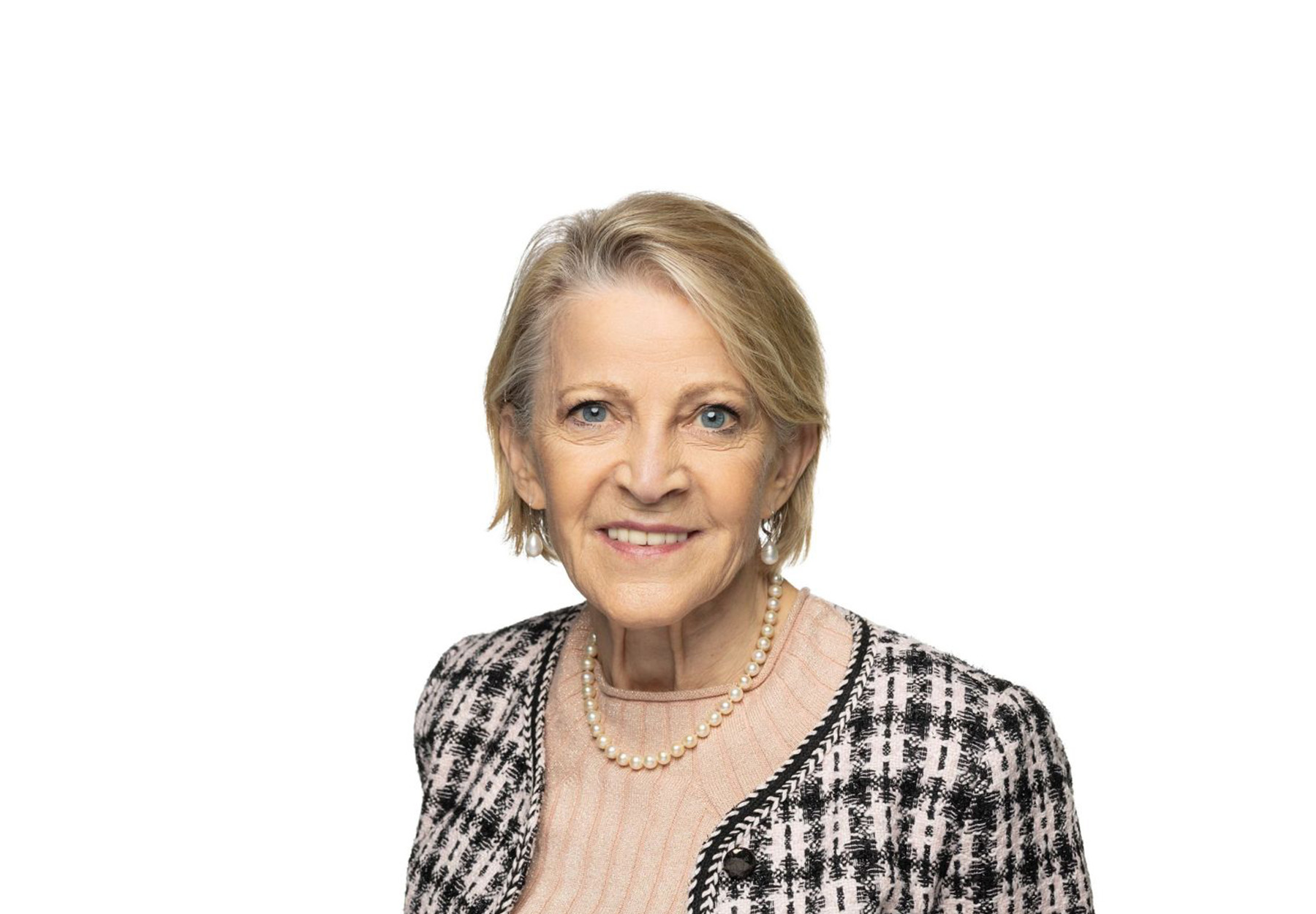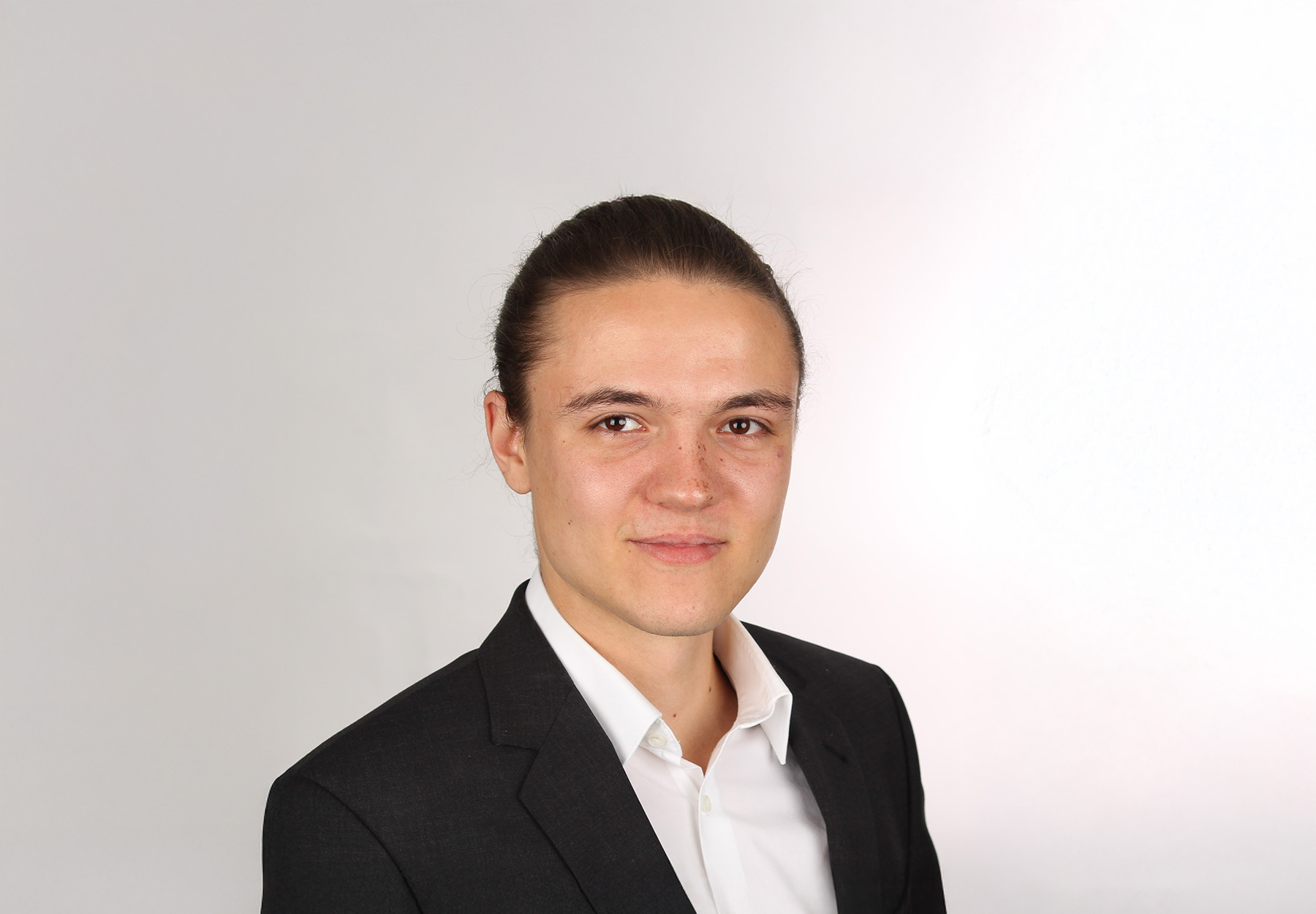International Association of Cross-Cultural Competence and Management Conference
29-31 October 2025
Theme of the conference
Multicultural Teams and Multilingual Organisations: Challenges, Opportunities, Social Inclusion, and Sustainable Practices in the Digital Age
Since the emergence of Cross-Cultural Management as a discipline in the late 20th century, the global landscape has shifted significantly. Increased international mobility and the rise of cosmopolitan, bicultural, and Third Culture Kids, whose identities have challenged traditional nation-based models of culture. These developments highlight the limitations of essentialist approaches and emphasize the relevance of topics such as code-switching, English as a Lingua Franca, and the reinterpretation of management concepts across cultural contexts. Simultaneously, sustainability has become a critical concern, as international trade and business travel contribute to environmental degradation and social inequality. Multinational enterprises often lack incentive to mitigate their ecological impact beyond local regulation (Yu, Bansal, & Arjaliès, 2023), while also exacerbating global disparities (Van der Straaten et al., 2023). In light of these challenges, CCM scholars must consider how to support more ethical, inclusive, and sustainable global practices. Virtual teams, widely adopted during the COVID-19 pandemic, offer one path forward, though questions remain about their effectiveness and cultural dynamics. Moreover, as universities become increasingly international, cross-cultural management can provide valuable tools for managing diverse academic communities and maximizing the benefits of global engagement in higher education.
Keynote Speakers

Christof Miska
Austria
Associate Professor at WU Vienna University of Economics and Business, affiliated to the Institute for Responsibility and Sustainability in Global Business.
He is the Academic Head of WU’s Competence Center for Emerging Markets and Central and Eastern Europe and serves as the editor of the Cultural Dynamics section at the Journal of Business Ethics. He studies responsible leadership, culture, institutions, and sustainable development. His current research program investigates corporate purpose.
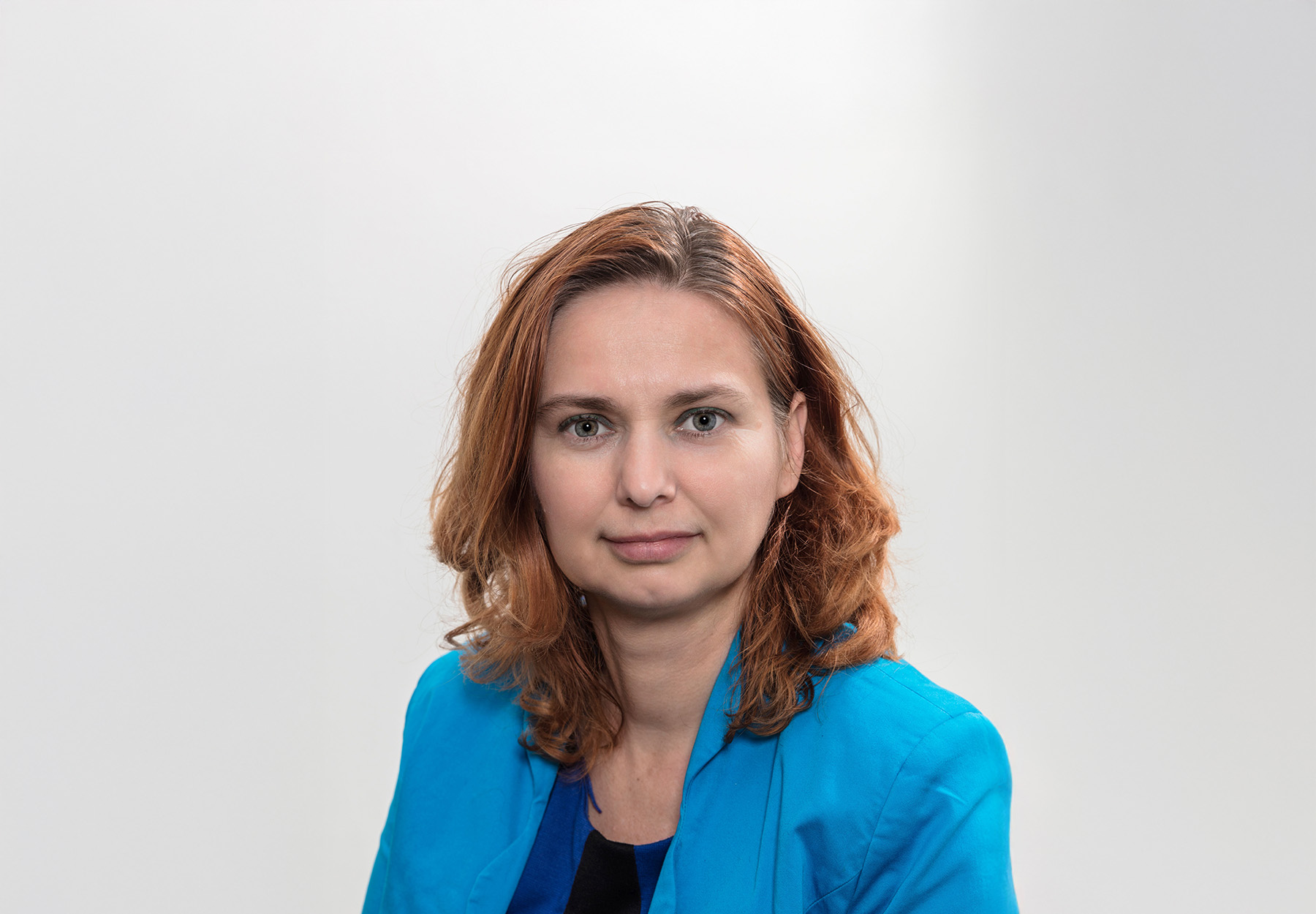
Mária Csutora
Hungary
Full Professor at Corvinus University of Budapest, where she serves as the Head of the Sustainability Indicators Research Centre.
Dr. Csutora's research focuses on the development of comprehensive strategies at the individual, corporate, and national levels in relation to reducing carbon footprint, ecological footprint, and sustainable consumption. Additionally, Dr. Csutora has gained recognition for her profound analysis of the intricate relationship between spirituality, ecological footprint, and subjective wellbeing. She is on the steering committee of ERSCP (Euroropean Roundtable for Sustainable Consumption and Production) and EMAN-EU (Environmental Management Accounting Network).
Her most recent research interest centers around the crucial issue of facilitating the transition to a carbon neutral economy that is inclusive and improves the living conditions of less privileged individuals. Her expertise has led to publications in esteemed journals such as Ecological Economics, Sustainable Development, Journal of Cleaner Production, and Climate Policy.
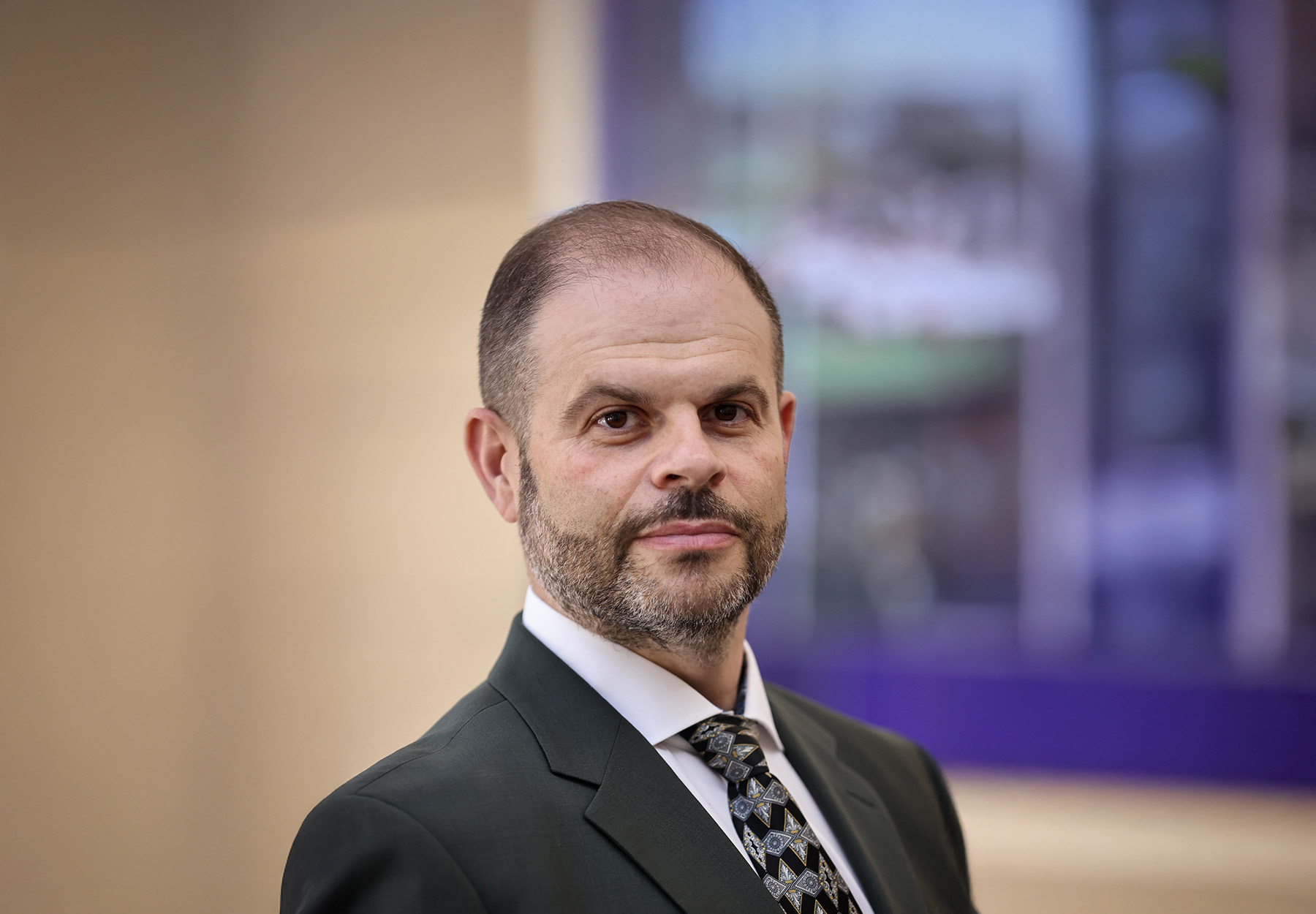
Vlad Vaiman
USA
Professor at the School of Management of California Lutheran University in the USA and a visiting professor at several premier universities worldwide.
He has published eight books on managing talent in organizations and at a country level and more than 90 academic and practitioner-oriented articles and book chapters on talent management and International HRM. His work appeared in the Academy of Management Learning and Education, Human Resource Management, Journal of World Business, International Journal of Human Resource Management, Journal of Business Ethics, and many others. He is a founder, organizer, and a leading chair of the EIASM Workshop on Talent Management, as well as the editor of the Emerald Book Series on Talent Management.
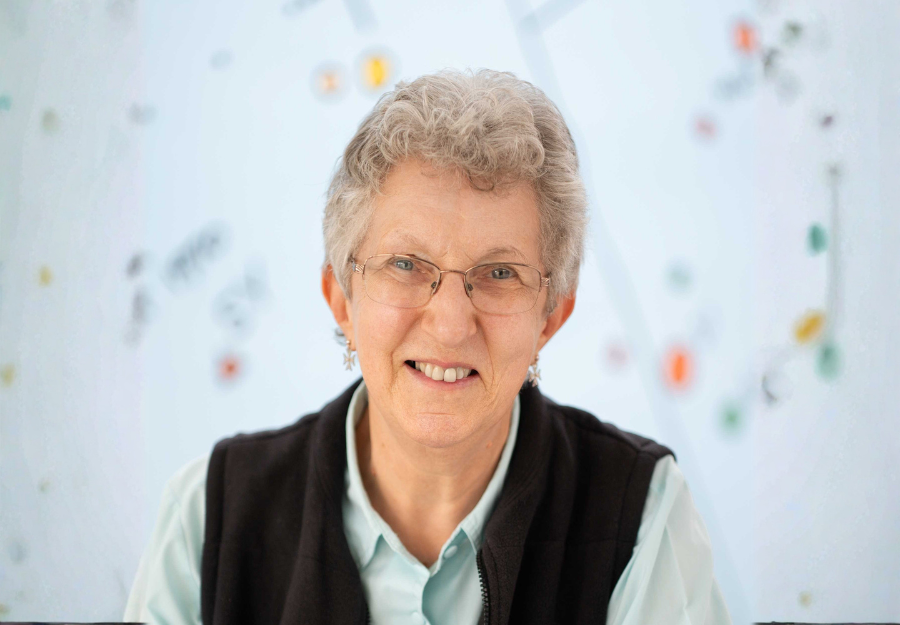
Helen Spencer-Oatey
United Kingdom
Emeritus Professor of Intercultural Communication/Applied Linguistics at the University of Warwick, UK, and Managing Director of GlobalPeople Consulting Ltd. (GPC).
Helen’s academic background is in both social psychology and pragmatics (a branch of linguistics) and her research draws on concepts and insights from both disciplines. Through her experiences of living and working abroad for a large part of her career (much of it in China), she became particularly interested in the processes and challenges of communicating and relating across cultures. She is well known internationally for her rapport management framework, which has been used to analyse data from a wide range of contexts. She has published extensively in this area and is named in the Stanford University/Elsevier 2024 list of top 2% of scientists who have had the greatest impact on other scientists in her field. In addition to her books and journal articles, she has developed a wide range of diagnostic and training resources (e.g. Global Teamworking Profiler (GTP); Relationship Management Profiler (RELMAP); Global People@Work e-Course), which have been used and highly appreciated by professionals all over the world.
Details
Conference date: 29th-31st October, 2025
(October 29th for workshops and opening ceremony, October 30th-31st: main conference days)
Conference venue: Corvinus University of Budapest, Hungary
Abstract length: max. 500 words
Deadlines
Submission of extended abstracts: until 1 September 2025
Author notification: phased, until 14 September 2025
Early bird presenter registration: until 21 September 2025
Local Conference Committee Members
Tracks
| # | Track | Chair(s) |
|---|---|---|
| 1 | Cultural Competences | Bice Della Piana, Andrea Toarniczky |
| 2 | Sustainability | Lorenza Claudio, Köves Alexandra |
| 3 | Intercultural Communication | Christiane Erten, Csaba Kiss |
| 4 | Diversity, Equity and Inclusion | Henriett Primecz, Anna Hidegh |
| 5 | Digitalization, AI in Multicultural Work | Robert Marciniak, Senem Yazici |
| 6 | Global Virtual Teams | Katul Yousef, Atila Karabag |
| 7 | Human Resource Management and Human Resource Development | Klaudia Szőts-Kováts, Sára Csillag |
| 8 | Global Mobility - New Forms of Expatriation | David Guttormsen, Roland Szilas |
| 9 | Universities as Multicultural and Multilingual Organisations: Cultural, Governance, and Leadership Challenges | Gergely Kováts, Katerina Machovcova |
| 10 | Role of Language in International Business | Gaibrois Claudine, Natalie Wilmot |
| 11 | Constructive Intercultural Management | Sina Grosskopf, Éva Révész |
| 12 | The Dynamics of Knowledge Sharing and Hiding in MNEs | Amitabh Anand, Miklós Stocker |
| 13 | Geopolitical Turbulences and Cross-Cultural Management | Liu Xiaomeng, Xiao Tian |
| 14 | Comparative Management: International and Historical Insights | Balázs Vaszkun |
| 15 | Culture and Leadership | Wendelin Küpers, Balázs Heidrich |
| 16 | Open Track | Marie-Thérèse Claes, Chiara Cannavale |
Registration and Fees
| Early-bird registration (until 21st September) | Regular registration (until 1st October) | Late registration (after 1st October, until 21st October) | |
|---|---|---|---|
| Lecturer / Professor / Others | |||
| Already IACCM member* | 350 EUR | 400 EUR | 500 EUR |
| Non-IACCM members | 350 EUR + 70 EUR IACCM membership fee | 400 EUR + 70 EUR IACCM membership fee | 500 EUR + 70 EUR IACCM membership fee |
| Ph.D student | |||
| Already IACCM member* | 200 EUR | ||
| Non-IACCM members | 200 EUR + 35 EUR IACCM membership fee | ||
| * You must be a member of IACCM on the day of the conference by having paid the membership fee. If you are a non-IACCM member, the membership fee must be paid accordingly: https://www.wu.ac.at/en/iaccm/membership |
If you require a pro forma invoice, please send your billing information to iaccm2025@uni-corvinus.hu.
When you register for the conference, please clarify to us to whom the Pro Forma invoice should be issued. The final invoice will be issued later based on the information you gave during registration.
Accomodation recommendations
Just a 5-10 minute walk from the main university building (or 1 tram/metro stop) and a few stops from the Gellért campus by tram or metro. Serving guests with the usual Mercure quality, with a fantastic breakfast, in a very good transport hub.
Just 10 and 15 minutes by tram from both the main university building and the Gellért campus. It offers a special Hungarian breakfast and a quiet environment.
